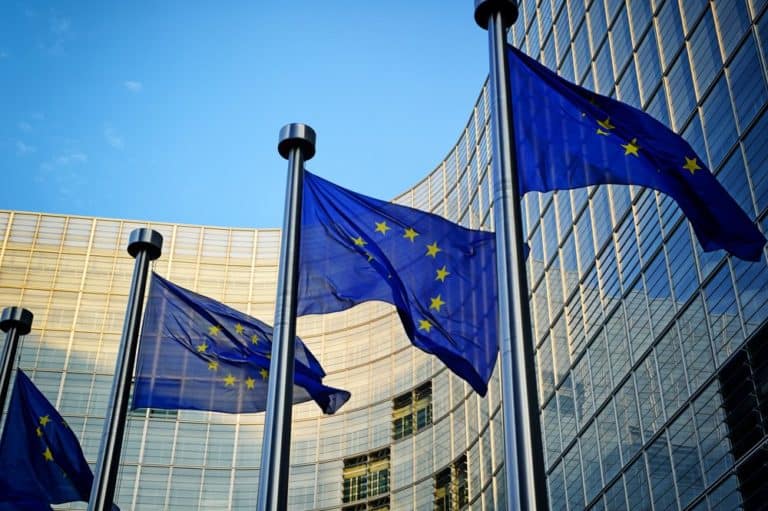The European Commission has told Google, Twitter, Facebook, and Microsoft, to continue delivering monthly reports on efforts undertaken to tackle fake news, especially on the pandemic, for six more months.
Social media and other extensive online platforms have come under fire in recent times for aiding the spread of fake news. Regulation calls are increasingly growing louder, with rules implemented to force the platforms to do more or deal with stricter laws.
Together with advertisers and Tik Tok, the companies have signed the EU’s code of practice to tackle misinformation spreading on their platforms.
More homework
In the effort, the companies are obligated to deliver reports on their efforts. The initial period was six months, but now, it has been extended. The EU executive said that the reports would continue since they are relevant during the ongoing pandemic.
The spread of misinformation is even more prevalent after the tumultuous four-year term when Donald Trump was president.
Given the recent events that led to the Capitol building’s storming in the United States, more lawmakers are calling for monitoring of information to ensure forces undermining security and democracy are not allowed to flourish on the internet.
The pandemic as a breeding ground
Commission Vice President for Values and Transparency, Vera Jourova, said in a statement that the pandemic has turned into a breeding ground for false claims (like the claim that the US general election was stolen) and conspiracy theories (like Q-Anon).
These messages are amplified by the growth of communities where content is driven by an algorithm that recommends inaccurate information in the name of personalization.
She said that we have to continue working together to fight disinformation and have transparency.
